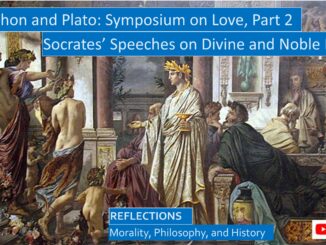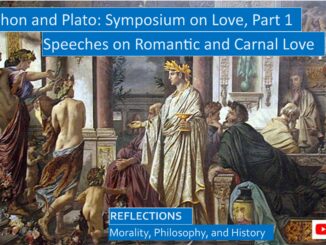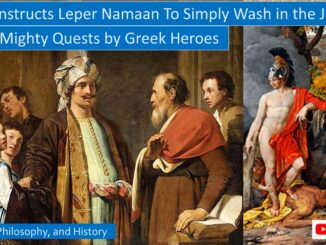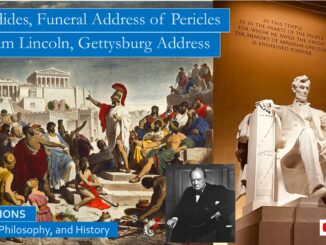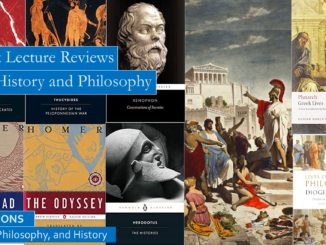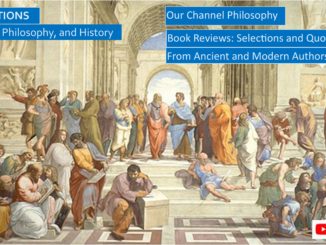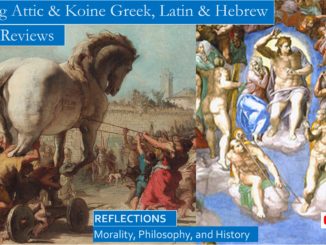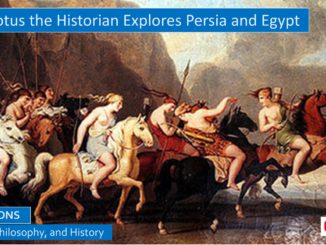
Pope Francis Encyclical, Fratelli Tutti, On Fraternity and Social Friendship
One detail about the passers-by does stand out: they were religious, devoted to the worship of God: a priest and a Levite. This detail should not be overlooked. It shows that belief in God and the worship of God are not enough to ensure that we are actually living in a way pleasing to God. […]

